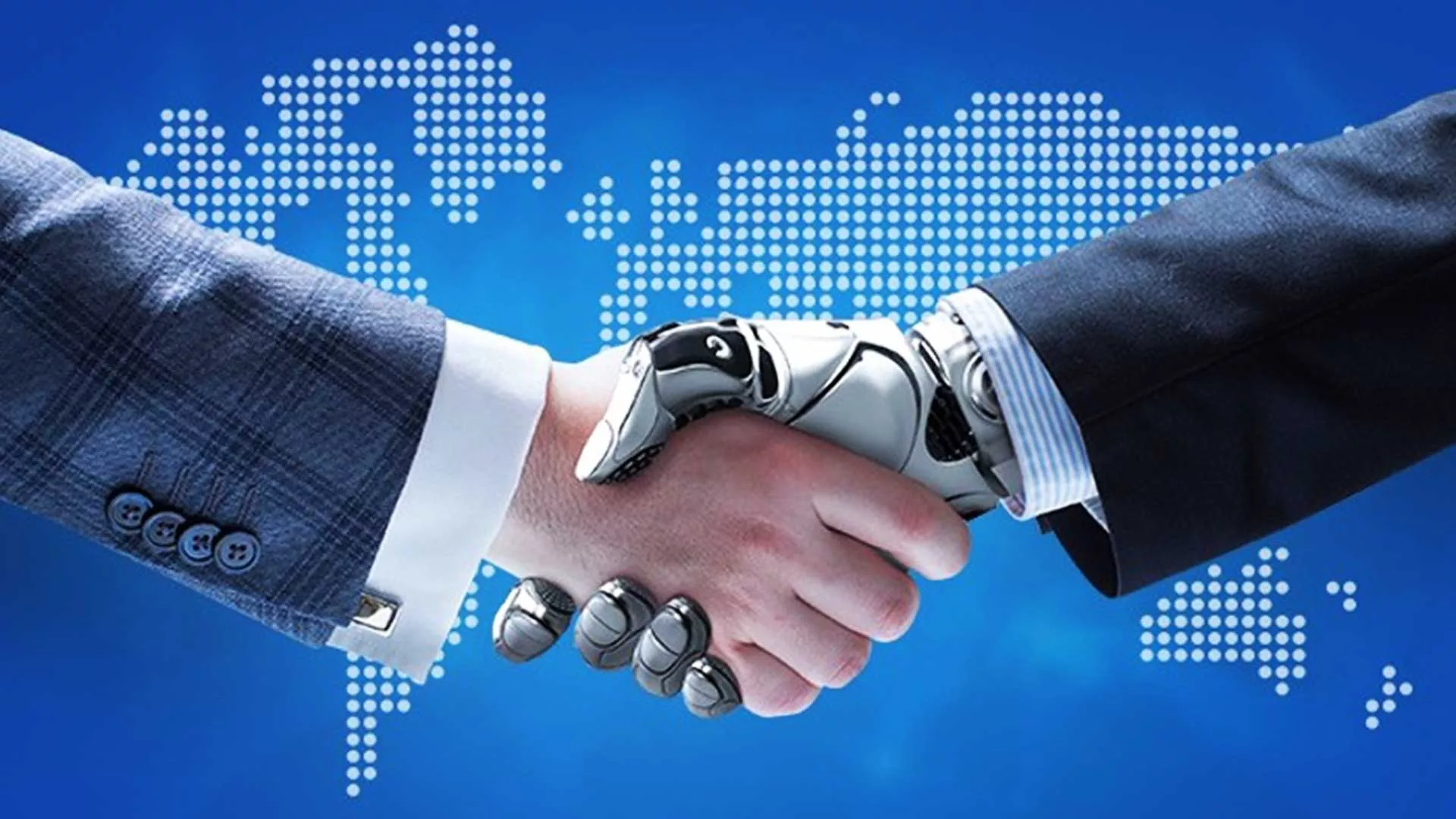The transformative advancements in artificial intelligence (AI) and automation are reshaping industries across the board, and the job market is no exception. From healthcare to manufacturing, to marketing, these technologies have the potential to revolutionize the way we work. In this blog post, we will explore the potential future of jobs, discussing how AI and automation are impacting various industries, identifying roles that may be augmented or replaced, highlighting emerging job opportunities, and examining strategies to thrive in this changing landscape.
Below are just a few of the categories we want to discuss on how and where AI can potentially impact the job market of the future.
- The Current State of AI Automation
- Roles at Risk and Augmented Roles
- Emerging Job Opportunities in the AI Era
- Adapting to the Changing Job Landscape
- Ethical Considerations
- Embracing Collaboration
Current State of AI and Automation:
The current state of AI and automation showcases their remarkable potential in multiple industries. In healthcare, AI-powered diagnostic systems are enhancing disease detection and aiding in medical imaging analysis, leading to faster and more accurate diagnoses. The manufacturing sector has witnessed a significant boost in efficiency and precision through automation on production lines, resulting in increased productivity and reduced error rates. Moreover, AI is being used in finance to improve risk assessment and fraud detection, in retail to personalize customer experiences, and in transportation to optimize logistics. Even the field of marketing is leveraging AI and automation to drive data-driven campaigns, enhance customer targeting, and automate repetitive tasks.
Roles at Risk and Augmented Roles:
While certain job roles may be at risk of automation, it is crucial to note that new opportunities will emerge as well. Repetitive tasks and manual labor, such as data entry or basic customer service interactions, may be replaced by AI-driven systems capable of executing such tasks with speed and precision. However, higher-level roles that require complex decision-making, creative problem-solving, and strategic thinking will continue to thrive. In marketing, AI can automate data analysis, write creative content in just seconds, and generate insights for campaign optimization, but human expertise is still crucial for crafting compelling narratives, developing creative strategies, and making strategic marketing decisions. Instead of focusing solely on job displacement, it is important to recognize the potential for AI to augment roles, allowing professionals to focus on tasks that require human intuition, emotional intelligence, and relationship-building.
Emerging Job Opportunities in the AI Era:
The rise of AI and automation also brings about new job opportunities, as industries adapt to the changing landscape. Professions skilled in AI development, data analysis, cybersecurity, machine learning, and robotics are in high demand. These roles involve designing, implementing, and maintaining AI systems, ensuring their efficiency, security, and ethical use. Data analysts and scientists are essential for extracting valuable insights from vast amounts of data generated by AI systems. Cybersecurity experts play a critical role in safeguarding AI-powered infrastructure and networks from potential threats. Moreover, roles that require human intuition, creativity, and interpersonal skills remain essential in industries that value the human touch. For instance, customer experience specialists, UX designers, and consultants are sought-after professionals who can combine their understanding of AI capabilities with the ability to create memorable and personalized experiences for customers. The ability to adapt and integrate these skills will open doors to exciting career prospects in the AI era.
Adapting to the Changing Job Landscape:
Thriving in the evolving job market requires adaptability and a commitment to acquiring new skills. Upskilling and reskilling programs play a crucial role in enabling professionals to transition into roles that align with AI and automation. For example, administrative professionals can acquire data analysis or programming skills to work alongside AI systems effectively, contributing their domain expertise and leveraging AI insights for more informed decision-making. Embracing interdisciplinary knowledge and fostering collaboration between technology and domain expertise is essential in navigating the changing landscape. The ability to bridge the gap between technical understanding and practical application will be a valuable asset for professionals. Additionally, cultivating a growth mindset and embracing lifelong learning will be instrumental in adapting to the ever-evolving job market.
Ethical Considerations:
As AI and automation become more pervasive, it is important to address the ethical implications they bring. Privacy concerns, job displacement, and the impact on marginalized communities must be carefully considered. Responsible deployment of AI technologies requires a human-centered approach and transparency in decision-making processes. Industry leaders, policymakers, and society as a whole must engage in ongoing dialogue to shape policies and regulations that balance innovation with social responsibility. Establishing ethical frameworks and guidelines for AI development and implementation will ensure that these technologies serve humanity’s best interests while minimizing potential risks.
Embracing Collaboration:
Rather than fearing the rise of AI, industries can embrace collaboration between humans and machines. AI can augment human capabilities, enhancing efficiency and accuracy in various tasks. For example, chatbots can handle routine customer queries, freeing up human customer service representatives to address more complex issues that require empathy and problem-solving skills. By finding the right balance, industries can harness the full potential of AI and automation while preserving the human touch. This collaborative approach ensures that AI serves as a tool to enhance human potential and drive innovation, rather than replacing human workers.
Conclusion:
The future of jobs is being shaped by the rapid advancements in AI and automation. While certain roles may be at risk of automation, new job opportunities will emerge, requiring a blend of technical skills, creativity, and adaptability. By upskilling, reskilling, and embracing interdisciplinary collaboration, professionals can navigate the changing job landscape and thrive in the AI era. Addressing the ethical implications and embracing responsible deployment of AI technologies will be paramount. By embracing the potential of AI and automation, industries can create a future where humans and machines work together to achieve greater heights of innovation and productivity. Proactive preparation, continuous learning, and a commitment to human values will be key in navigating the dynamic job market of tomorrow.



